How to become a Social Worker in Arkansas license lookup

Social work is a profoundly fulfilling profession dedicated to empowering individuals, families, and communities. In Arkansas, licensed social workers play a vital role in addressing mental health challenges, advocating for vulnerable populations, and driving systemic change. Understanding the state’s licensing requirements is the first step toward launching a meaningful career in this dynamic field. This guide outlines the educational paths, licensure steps, and opportunities available to aspiring social workers in Arkansas—all designed to help you succeed with confidence and positivity.
Featured Online Programs in Social Work
Pursuing an accredited online social work program offers flexibility without compromising quality. These programs are ideal for busy professionals or those balancing personal commitments. Here are top-rated options that align with Arkansas’s licensure standards:
- University of Arkansas at Little Rock (UALR): Offers a CSWE-accredited online MSW with specializations in clinical practice or community empowerment. Students praise its interactive virtual classrooms and supportive faculty.
- Arkansas State University (A-State): Features an online BSW and MSW with asynchronous courses, allowing students to study at their own pace while gaining hands-on experience through local internships.
- Walden University: Known for its focus on social justice, Walden’s online MSW prepares graduates for clinical licensure with robust coursework and field placement support.
These programs emphasize practical skills, ethical practice, and leadership—cornerstones of a successful social work career.
How to Become a Social Worker in Arkansas
Becoming a social worker in Arkansas is a journey of purpose and growth. Let’s explore the educational and licensure steps to turn your passion into action.

Educational Paths
Education is the foundation of effective social work. Arkansas offers two primary degrees to meet licensure requirements:
Bachelor of Social Work (BSW)
A BSW equips you with skills in case management, advocacy, and community outreach. Graduates qualify for entry-level roles like child welfare specialist or mental health technician. Accredited BSW programs (e.g., A-State, UALR) include 400+ hours of fieldwork, ensuring real-world readiness.
Master of Social Work (MSW)
An MSW opens doors to advanced clinical or macro practice. Programs like UALR’s MSW offer concentrations in trauma-informed care or policy analysis. With 900+ supervised hours, graduates meet requirements for clinical licensure (LCSW) and leadership roles.
Pro Tip: MSW graduates enjoy 30% higher earning potential and eligibility for specialized certifications.
Steps for Becoming a Licensed Social Worker in Arkansas
Arkansas offers three licensing tiers, each with unique opportunities to grow your impact.
Licensed Social Worker (LSW)
Start your career with an LSW license!
- Complete the LSW Application: Submit transcripts and fees to the Arkansas Social Work Licensing Board.
- Background Check & Provisional License: A streamlined process ensures client safety while letting you work immediately.
- Pass the ASWB Bachelor’s Exam: Focus on core competencies like ethics and interventions. Prep tools include ASWB practice tests and study groups.
- Receive Your LSW License: Celebrate this milestone—you’re now ready to advocate for Arkansas communities!
Licensed Master Social Worker (LMSW)
Elevate your expertise with an LMSW.
- Submit LMSW Application: Provide MSW transcripts and supervisor verification.
- Provisional License & Background Check: Begin practicing under supervision while preparing for exams.
- Pass the ASWB Masters Exam: Demonstrate advanced knowledge in human behavior and systems.
- LMSW Achievement: This license qualifies you for roles in hospitals, schools, or nonprofit leadership.
Licensed Certified Social Worker (LCSW)
Reach the pinnacle of clinical practice.
- Gain Required Experience: Complete 4,000 supervised hours (2+ years) post-MSW. Embrace mentorship opportunities to refine clinical skills.
- Submit LCSW Application: Detail your experience and secure supervisor endorsements.
- Background Check & Provisional License: Continue serving clients while finalizing licensure.
- Pass the ASWB Clinical Exam: Master assessments, diagnoses, and treatment planning.
- LCSW Licensure: Congratulations! You’re now authorized to provide therapy, open a private practice, or lead mental health initiatives.Social Work License Reciprocity in Arkansas

Moving to Arkansas? The state welcomes out-of-state social workers through reciprocity! Submit verification of your current license, pass Arkansas’s jurisprudence exam, and complete any additional requirements. This seamless process ensures you can continue making a difference without interruption.
Licensing Renewal and Continuing Education
Licenses renew every two years, a chance to stay current and inspired! Requirements include:
- 30 CE Hours: Engage in workshops on trauma care, cultural competence, or telehealth.
- Ethics Training: 3 hours focused on Arkansas’s regulations.
Platforms like NASW-Arkansas offer affordable, relevant courses to fuel your professional growth.
Arkansas Social Worker Jobs and Salary Information
| Role | Salary Range | Key Opportunities |
| Child, Family, or School Social Worker | $42,000–$48,000 | High demand in rural and urban schools; roles in child advocacy and family support. |
| Healthcare Social Worker | $55,000–$62,000 | Growing need in hospitals, hospice care, and public health initiatives. |
| Mental Health Clinician (LCSW) | $60,000–$75,000+ | Leadership in private practice, trauma care, or community mental health programs. |
With a 12% projected job growth (2020–2030), the demand for compassionate professionals is rising.
Social Work Associations in Arkansas
Connect with peers through:

- NASW-Arkansas Chapter: Advocacy, networking, and CE resources.
- Arkansas Counseling Association: Collaborative training events.
- Arkansas Mental Health Professionals: Support for clinical practitioners.
These groups foster camaraderie and career advancement.

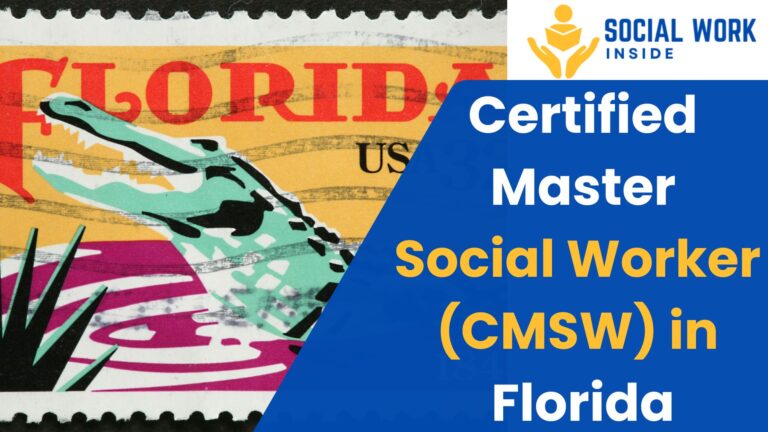
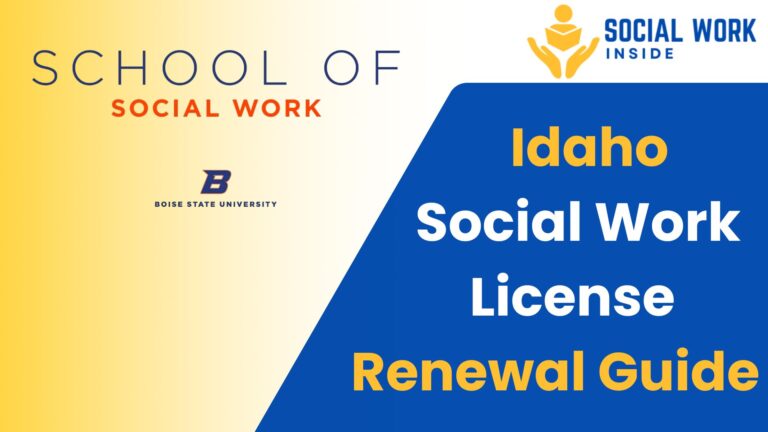
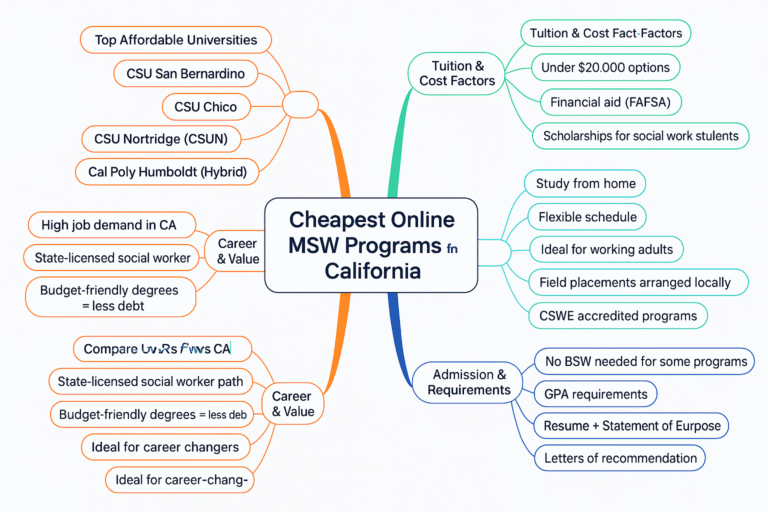
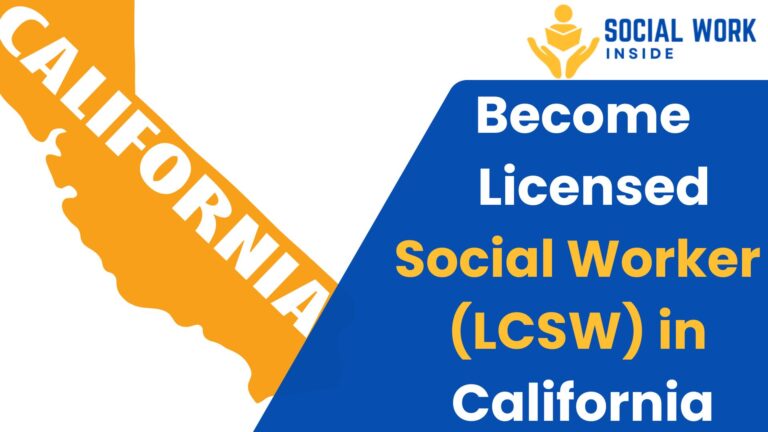
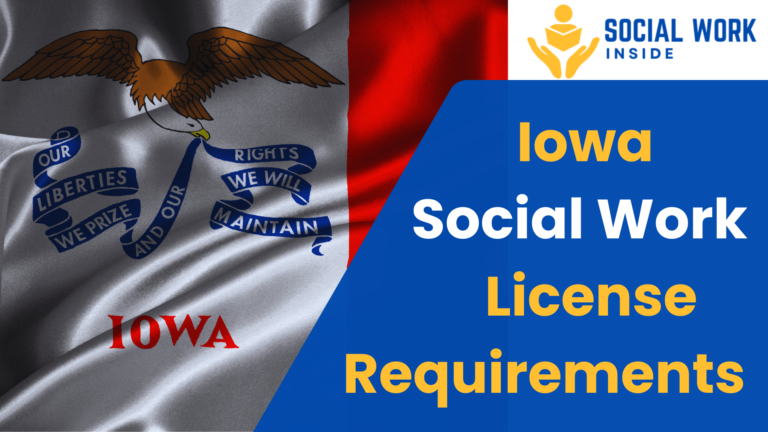

One Comment